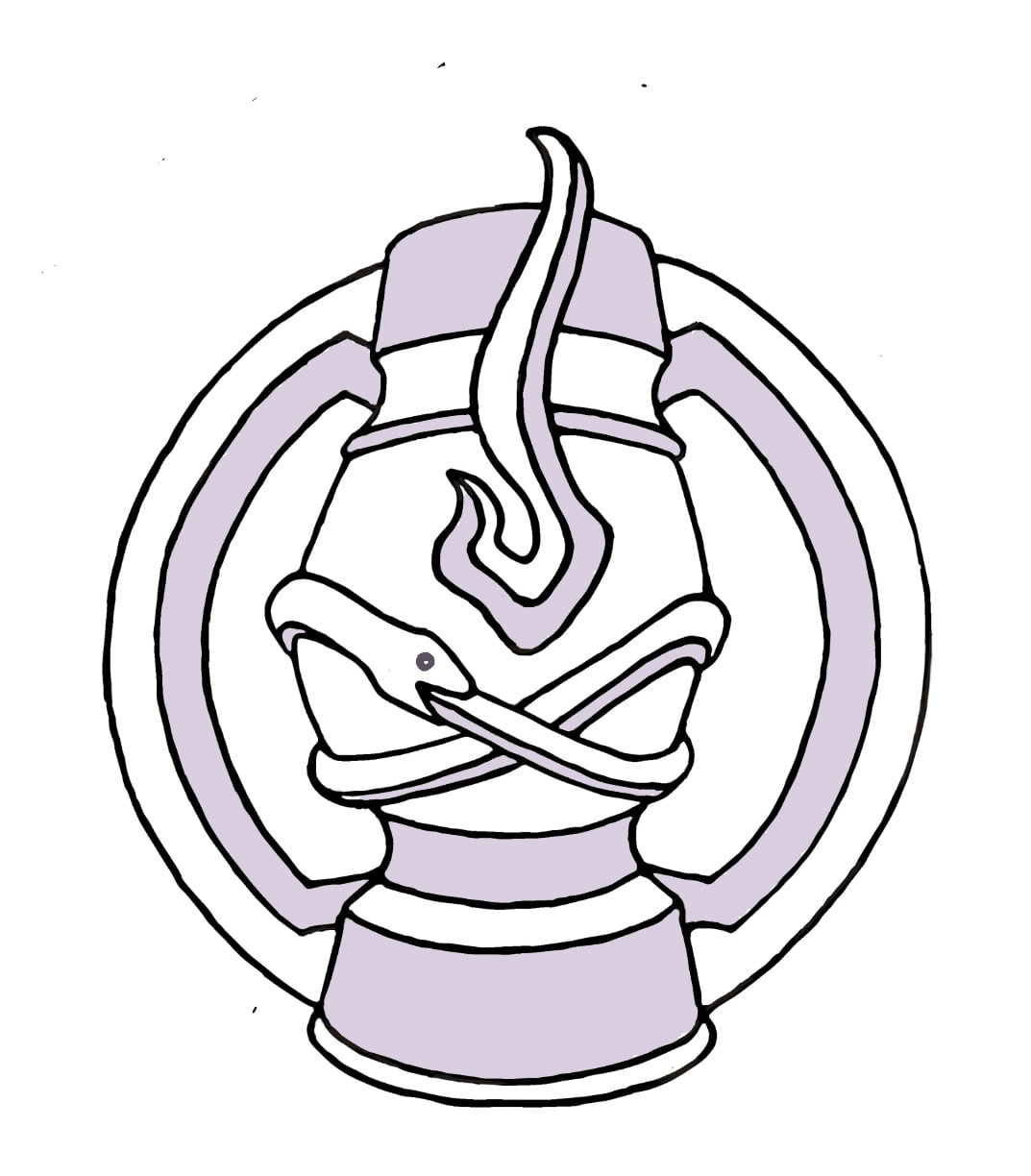I’m really into this book (and the research by its authors). They make a compelling case that consciousness is basically built for spatial modeling, and almost all/all abstract thinking is actually done by way of spatial metaphor.
The way this works is that we automatically acquire associations between physical sensations and abstract concepts during childhood — for example, the association between warmth and/or physical closeness and affection. We then use these primary, nearly universal metaphors to create increasingly complicated combination metaphors — for example, the whole idea of categories as structures you can put things into — that we use to almost invisibly do all our other thinking.
The implications of this are immense. For one thing, we need to really reevaluate what we mean when we say or believe that abstract concepts are true, because if so, they may only true metaphorically. On the other hand, this adjustment puts fields of knowledge that we tend to think of as more metaphorical, such as creativity and spirituality, in the interesting position of having much more directly to do with reality (and understanding reality) than people might sometimes imagine.
- I wrote a paper about Aristotle and this type of metaphorical thinking.
- Here are some specific shapes that I think about a lot.
- See also Metaphor and Magic.
